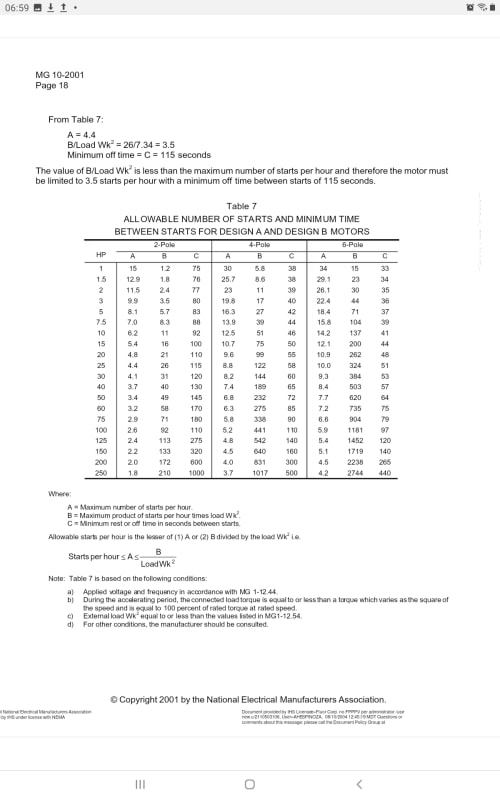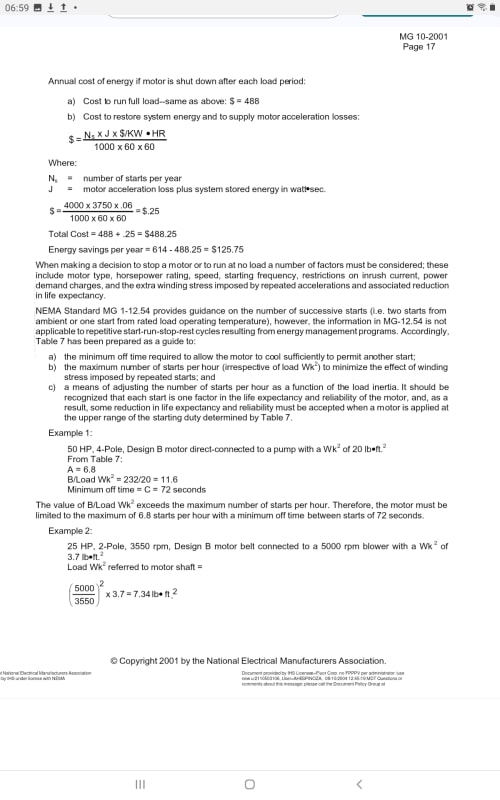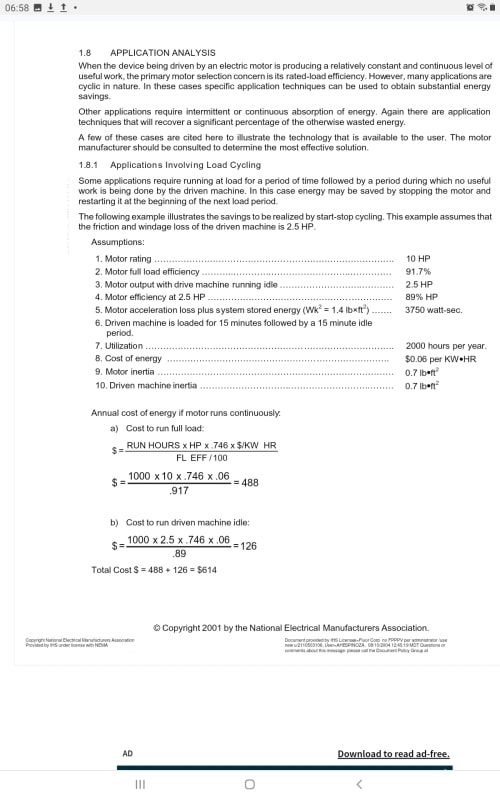Hi,
I'm designing a cold plunge filtration system and looking for some advice on pump types. The system design is as follows:
cold plunge -> hair filter / catcher -> pump at floor level -> water filter + venturi injector -> exhaust
The pump will be running 24/7 and my priority is to make the pump last as long as possible. I see lots of options on the market for DC brushless motor centrifugal pumps - most of which are rated for 1-2 years at constant use. I also see circulation pumps that claim to last longer, for 3-5 years. I also see pool pumps seem to last for 10-15 years.
What makes a pool pump last so much longer than the others? I know the manufacturer and quality of the pump will have some influence on lifespan, but what other factors should be considered when selecting a pump? For example, does it make a difference if it's AC or DC? What is the best pump type for this application?
I apologize if these are simple questions, still learning and appreciate your replies.
I'm designing a cold plunge filtration system and looking for some advice on pump types. The system design is as follows:
cold plunge -> hair filter / catcher -> pump at floor level -> water filter + venturi injector -> exhaust
The pump will be running 24/7 and my priority is to make the pump last as long as possible. I see lots of options on the market for DC brushless motor centrifugal pumps - most of which are rated for 1-2 years at constant use. I also see circulation pumps that claim to last longer, for 3-5 years. I also see pool pumps seem to last for 10-15 years.
What makes a pool pump last so much longer than the others? I know the manufacturer and quality of the pump will have some influence on lifespan, but what other factors should be considered when selecting a pump? For example, does it make a difference if it's AC or DC? What is the best pump type for this application?
I apologize if these are simple questions, still learning and appreciate your replies.



